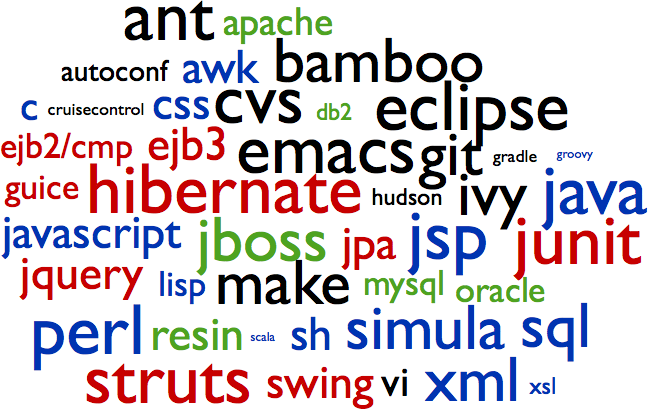The Idealcast
Some things fit into a tweet, some things don’t. This doesn’t
A topic for another day could be what my hobbies are, and how I approach them, but for the sake of this post, I’ll say that one of them is windsurfing. Living in Oslo, Norway, which is at the end of the Oslo fjord, it means that a bit of driving is required to get favourable conditions. And what I tend to do when I drive is to listen to podcasts. And it’s one of those podcasts I’d like to write about today.
But there’s still a couple of things I want to mention before I dive into this particular podcast. A peculiar thing that tends to happen whenever I read or listen a good non-fiction book or when listening to a podcast, is that my brain starts racing. I hear something that relates to work, and my brain starts to connect some dots that it hasn’t previously been able to connect. The downside to this is that I can’t really focus on what I’m listening to anymore, the upside is this enormous feeling of creativity and joy of having new insights, but it’s also somewhat frustrating, because more often than not, I’m in a situation (like driving a car) where I can’t immediately make use of it.
The other thing that needs to be mentioned is that although I desperately try to avoid getting “promoted” to anything but a programmer, I tend to be very interested in the intersection between programming and the rest of the business, because what the rest of the business does has great impact on what I do as a programmer, and my happiness as an employee. And I really want to understand what affects my happiness.
One podcast in particular that is very interesting in this effect is The Idealcast. You might recognize the host, Gene Kim, as the co-author of The Phoenix Project and the author of The Unicorn Project, both seminal books which I’d argue are equally valuable to developers and business people alike.
There are so many of the episodes of this podcast that I could write about, but I’ll limit myself to the lastest one (at the time of writing). In this episode Scott Havens describes the work he’s done for jet.com, Walmart, and now at Wayfair. What I find extremely interesting about this episode is how Scott manages to explain how he has used principles of functional programming, which I have previously thought only were applicable to code, to solve architectural problems, which again solves business problems. The way Scott explains how he has leveraged the duality between code and data, which is only possible when you deal with pure functions and how you can use currying at an architectural level is quite mind blowing. I won’t go into detail, but will just leave these examples here as teasers.
So. Do yourself a favour. The next time you’re set for a long drive, put the Idealcast on and let your brain race. It’s quite an experience.
